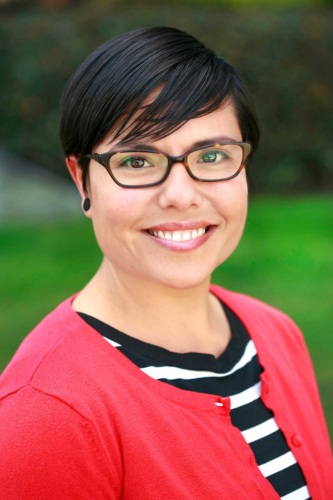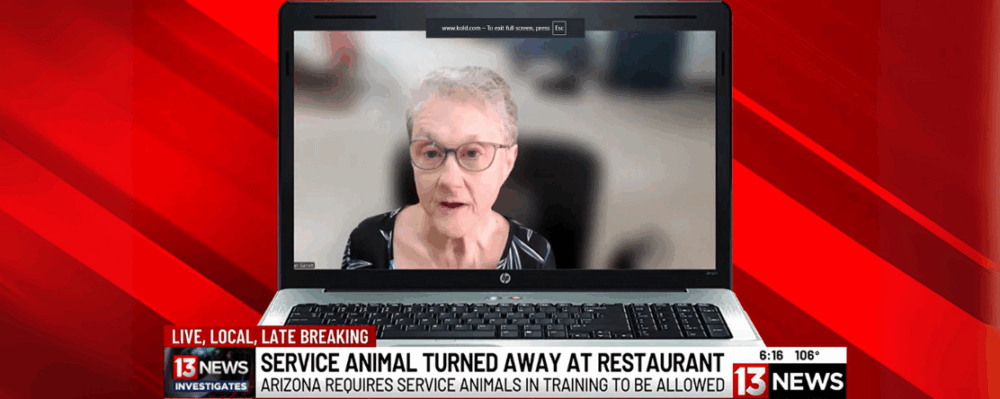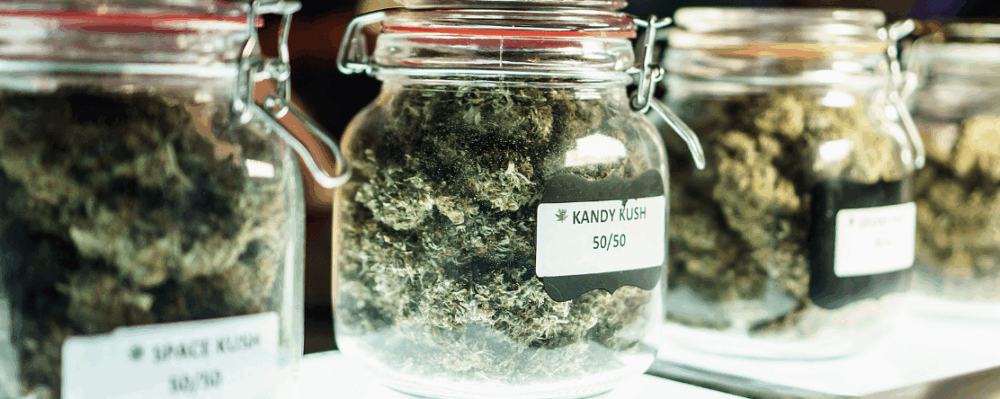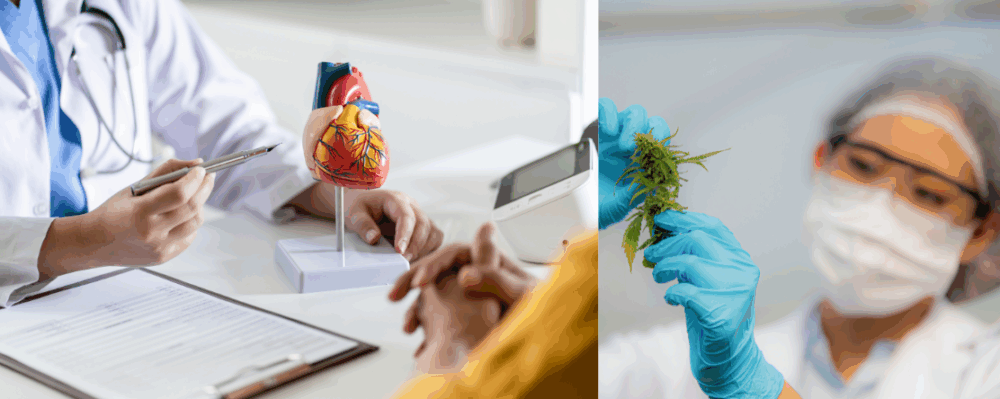
In the News
Yes, Drinking Alcohol Can Increase Your Risk of Breast Cancer
- Healthline
-
Focus Areas
Alcohol, Tobacco, Drugs & Mental Health, Women, Youth & Children -
Issues
Alcohol -
Expertise
Health Education & Promotion -
Programs
Alcohol Research Group

For decades, researchers have been studying the connection between alcohol use and breast cancer, and a strong body of evidence shows drinking ups the risk.
Despite this work, many women in the United States remain unaware that drinking habits could affect their chance of getting cancer.
A new campaign from the Alcohol Research Group (ARG) in California aims to change that. The #DrinkLessForYourBreasts initiative seeks to educate women about the risk and urges them to consider the impact drinking alcohol can have on their health.

The purpose of the campaign is to raise awareness among young women that alcohol is a risk factor for breast cancer. There is 30 years’ worth of evidence supporting this so we’re pretty confident that this relationship is real. But the vast majority of young women have no idea that alcohol is a risk factor for breast cancer. We know that young women drink alcohol. It’s really common and sometimes they drink at levels that are unhealthy, like binge drinking. The goal of this campaign isn’t to shame women but to make them aware of the risk.Priscilla Martinez, PhD, Alcohol Research Group
Research shows alcohol consumption increases the risk of breast cancer by up to 7 to 16 percent. Yet, a 2019 study published in the journal Preventive Medicine Reports found that only 25 percent of women ages 15 to 44 were aware of this connection.
The #DrinkLessForYourBreasts campaign is funded by the California Breast Cancer Research Program of the University of California.
See the video below from WMBD-TV.
Click below to read the full article in Healthline.
Originally published by Healthline
More Updates
Work With Us
You change the world. We do the rest. Explore fiscal sponsorship at PHI.
Support Us
Together, we can accelerate our response to public health’s most critical issues.
Find Employment
Begin your career at the Public Health Institute.




